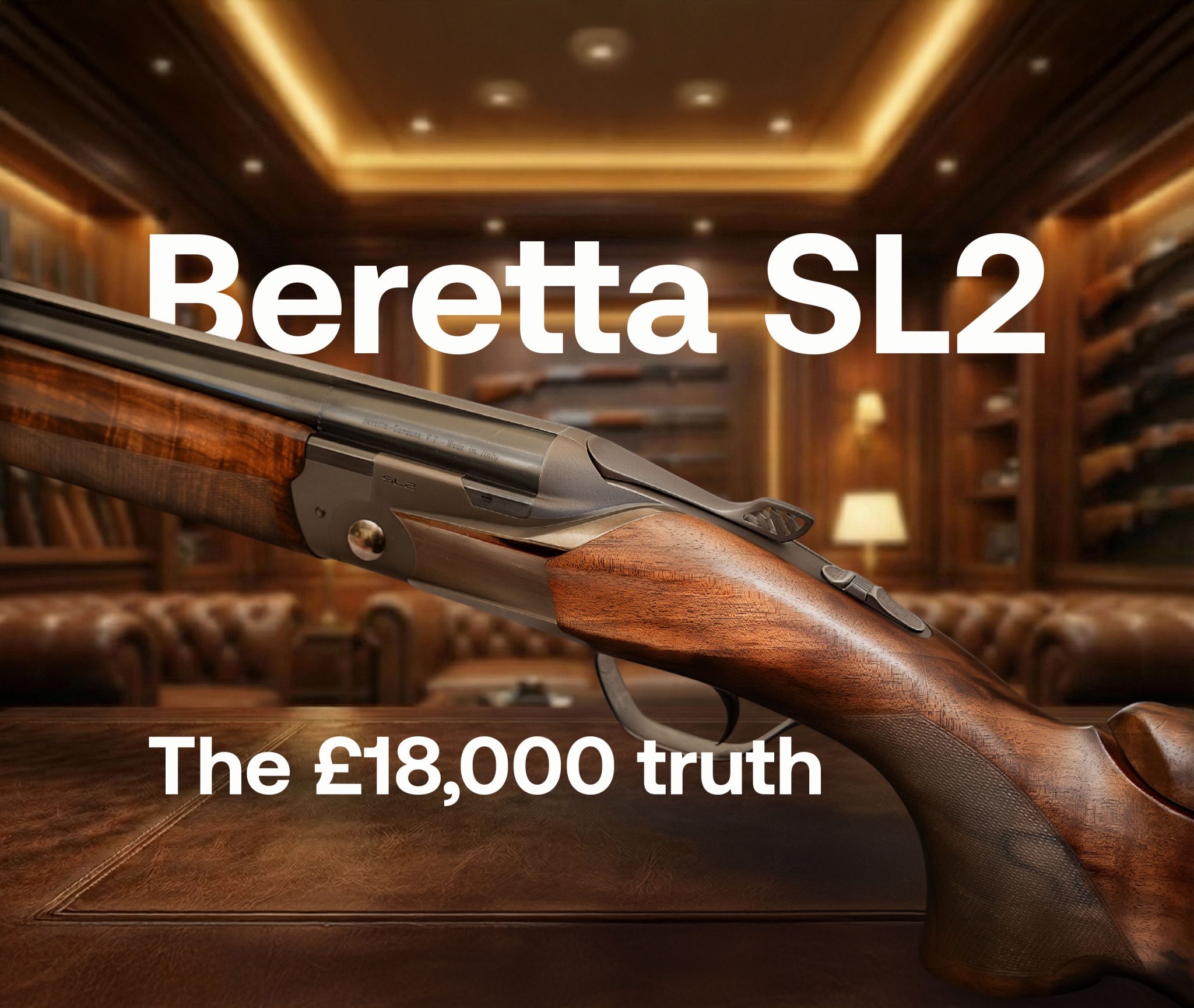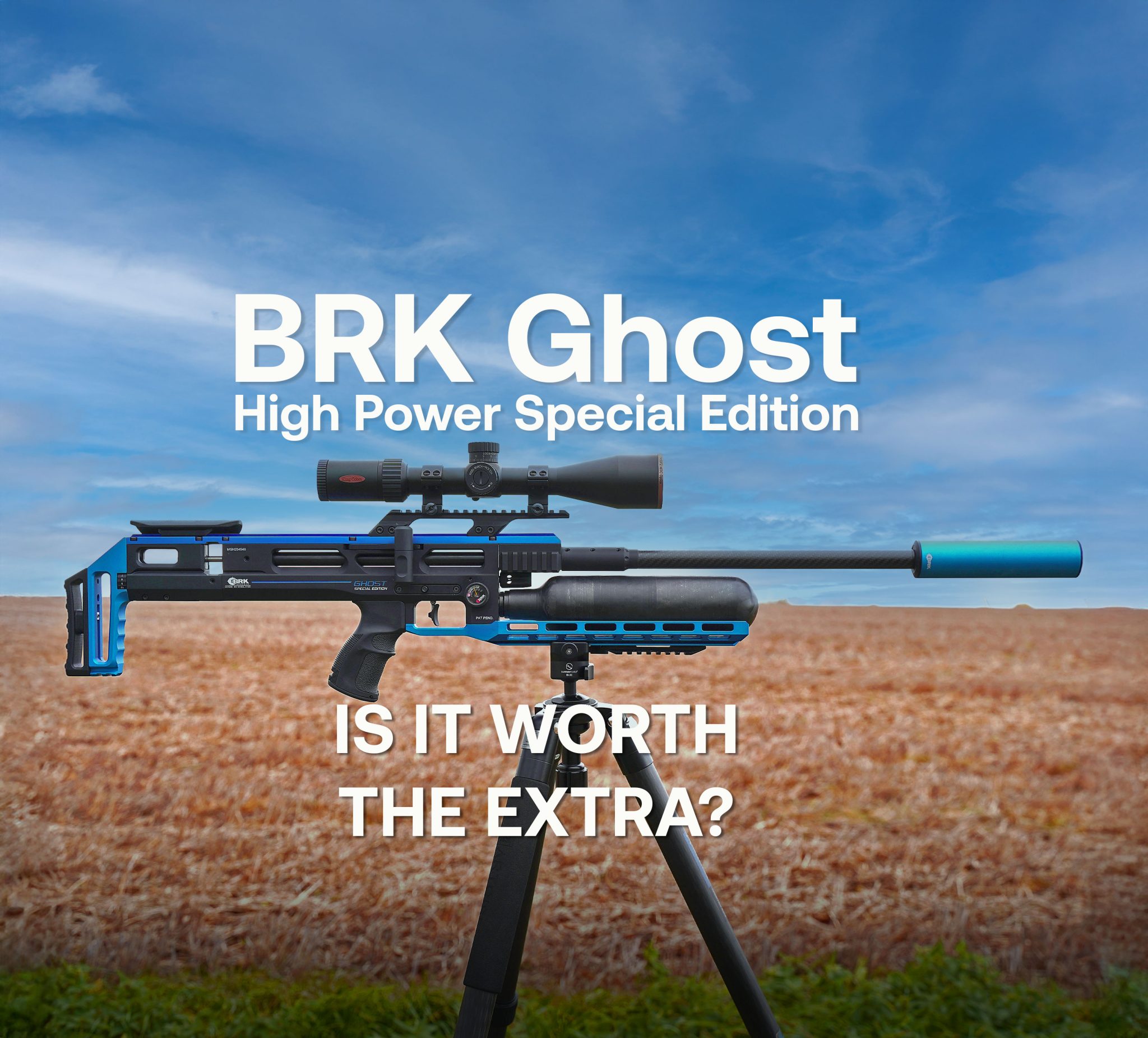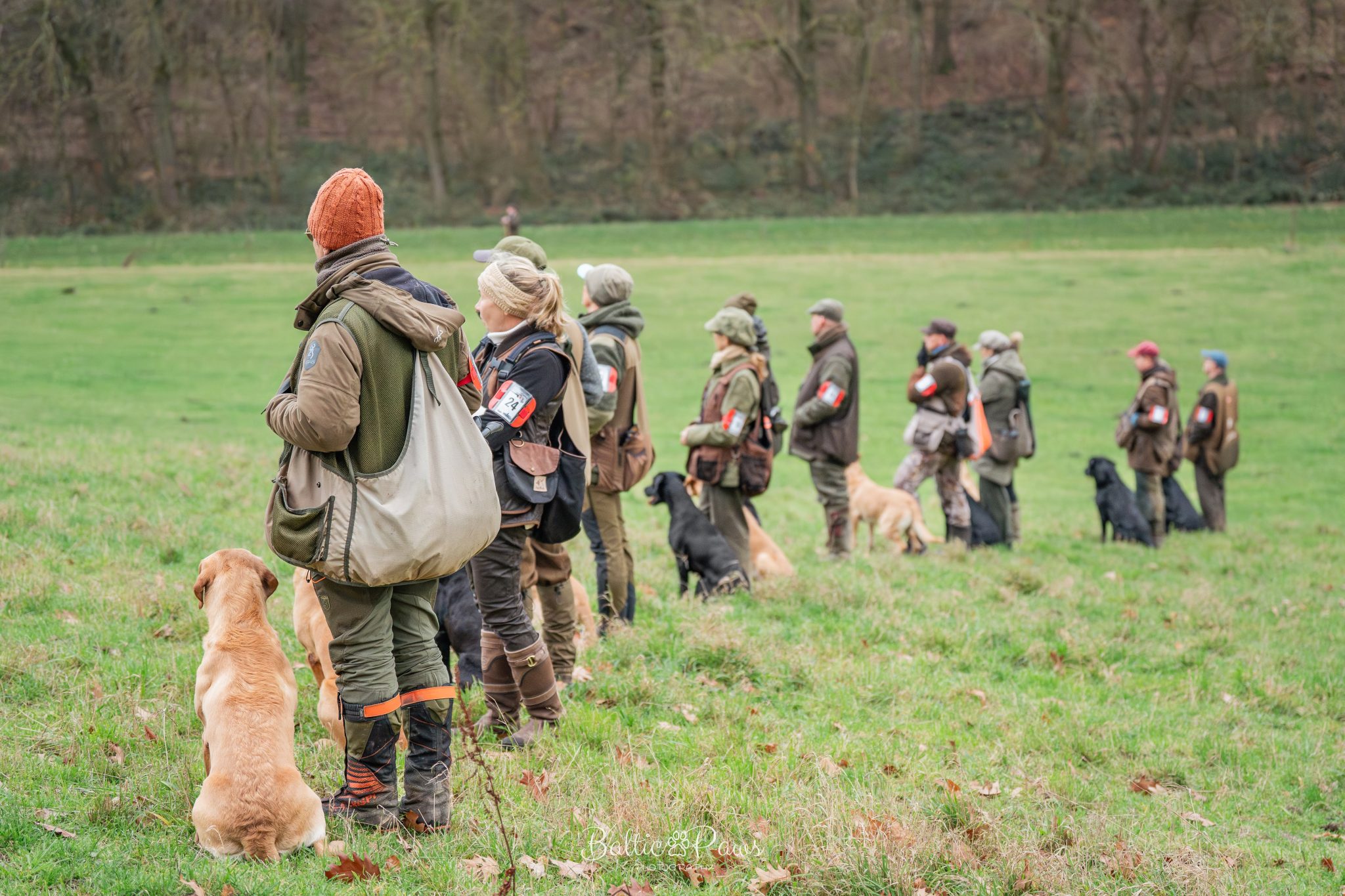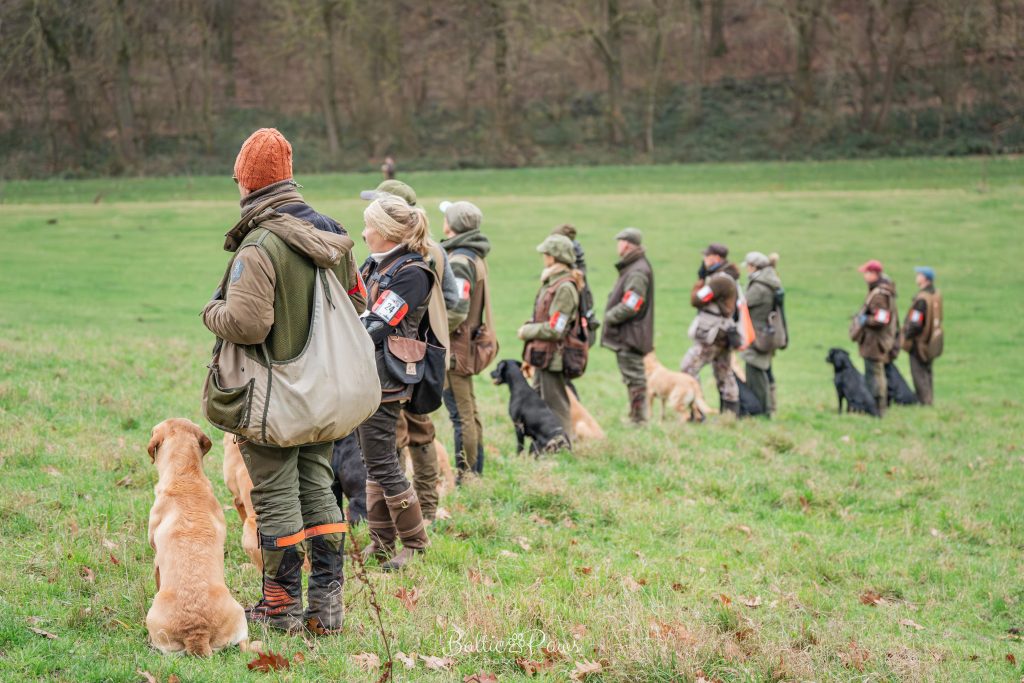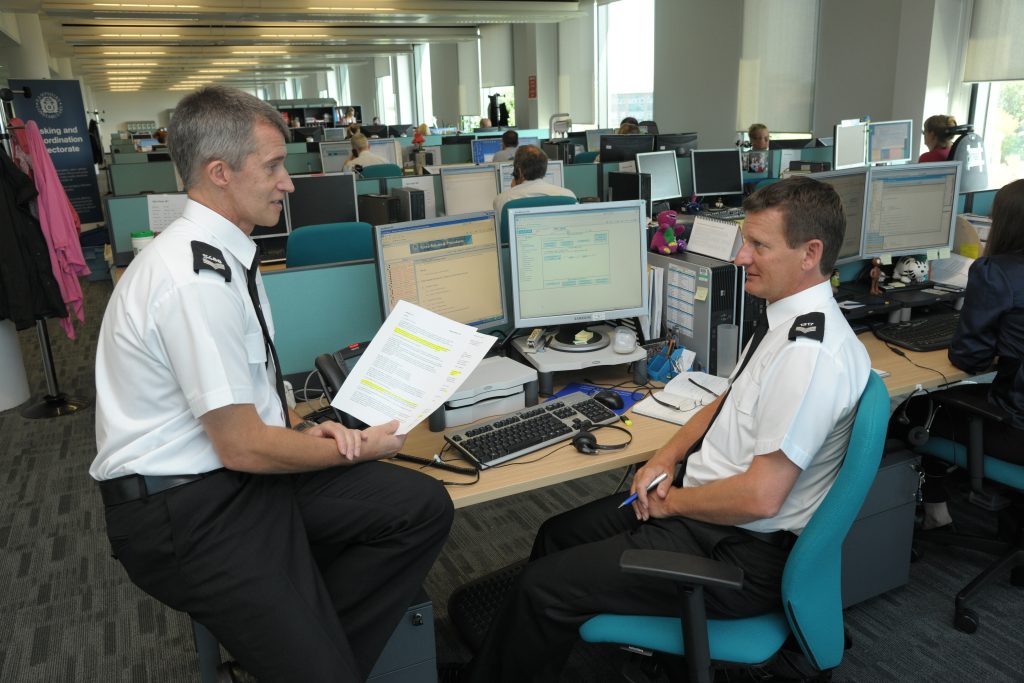The countdown is on for The British Shooting Show – book tickets online today and save on gate price!
‘Knee-jerk’ laws risk closing gun shops, warns trade
Gun shop owners warn new licensing rules could force widespread closures as existing shooters abandon the sport and newcomers are deterred by bureaucratic barriers
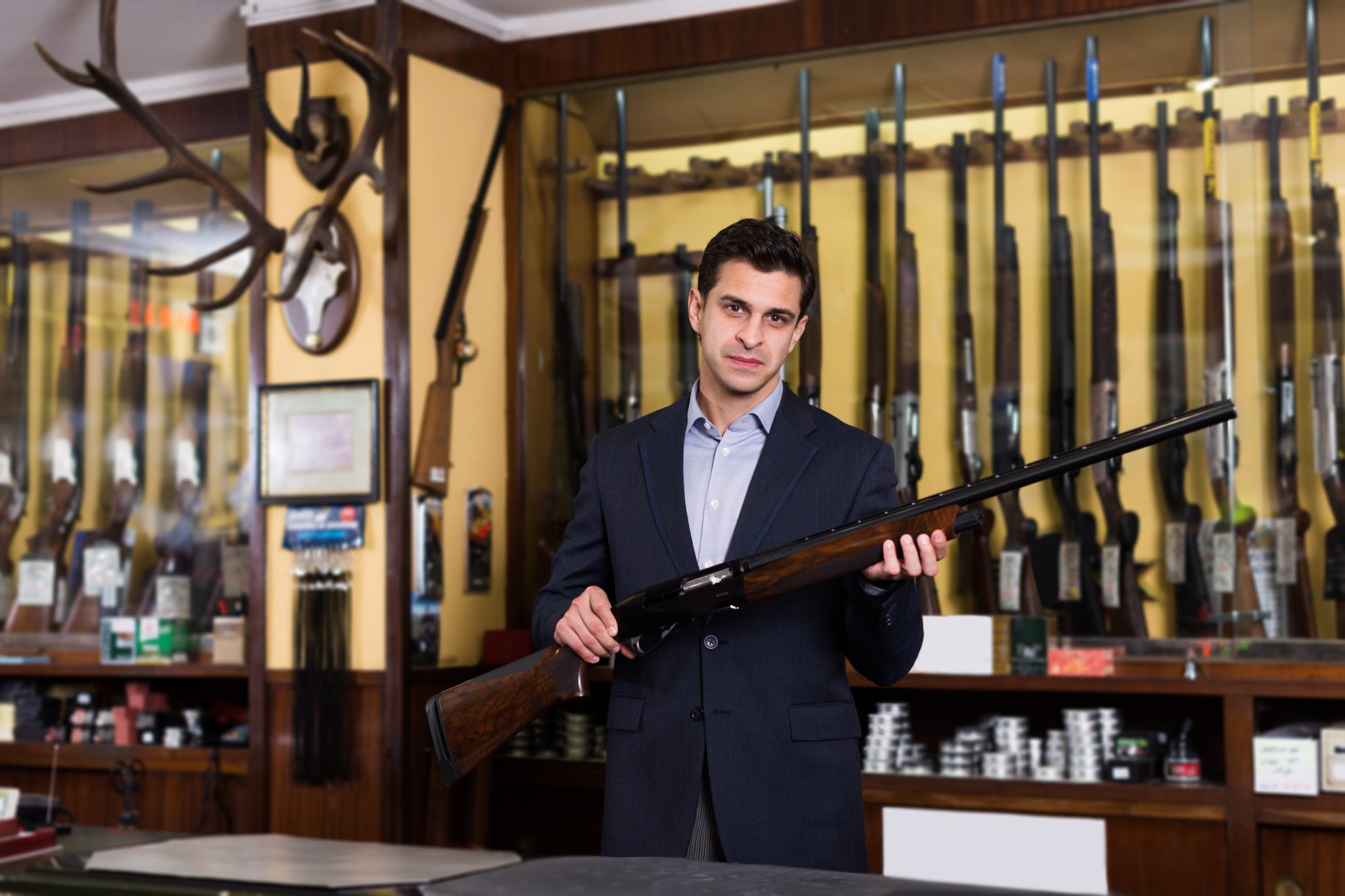 Credit: JackF via Getty Images
Credit: JackF via Getty Images
Gun shop owners warn new licensing rules could force widespread closures as existing shooters abandon the sport and newcomers are deterred by bureaucratic barriers.
Members of Britain’s gun trade are warning they may not survive the new firearms licensing rules that came into force on 5 August. Jason Harris, who owns Trulock and Harris gunsmith in Suffolk, fears the reforms will destroy the impulse purchases that keep independent dealers alive.
“Until now, if a buyer came into my shop and a shotgun caught their eye they could buy it, provided they held a valid shotgun licence,” Mr Harris explained to Richard Negus for The Telegraph. “Customers like that are the lifeblood of stores like mine, but under the new licensing system all that will change.”
Shooters abandoning the sport
The problem is twofold: existing shooters are abandoning the sport while potential newcomers are being deterred by daunting new requirements. Polling by BASC reveals at least one third of current shotgun license holders will consider giving up shooting entirely under the new rules.
For gun shops, this represents potential catastrophe. If one-third of current customers abandon shooting while new applicants are deterred by the bureaucratic maze, many retailers face an unsustainable drop in footfall.
Meanwhile, new applicants face enhanced background checks, social media screening, mandatory GP assessments, and police interviews with family members about domestic violence. They must also provide two referees instead of one. Combined with existing police backlogs of more than two years, this could create a devastating customer drought.
Trade voices fear for the future
Mr Harris, who has worked in the trade for over 40 years, calls the legislation a “knee-jerk reaction” that threatens his family business. The reforms respond to the 2021 Plymouth shooting, though inquests revealed the tragedy resulted from police failures to apply existing laws.
“I had hoped that my daughter would follow me into the gunsmith trade, but now I fear for the craft’s future as a whole,” he says.
While the shooting industry agrees domestic abusers should not have firearms, there are concerns about implementation. Paul Green, Technical Director of the Gun Trade Association, warns enhanced domestic abuse checks could backfire.
“Despite being well intentioned, this measure risks misuse with malicious and vexatious claims,” Mr Green says. “The past has repeatedly shown that police will automatically confiscate guns whilst these malicious claims are investigated, which in nearly all cases takes many months. For the registered firearms dealer, the impact can be disastrous, with the loss of income and ultimately the loss of their business.”
Mr Green does welcome some changes, particularly restricting police forces from routinely using Section 7 permits to manage backlogs.
With rural gun shops already struggling, the reforms threaten to hollow out the retail infrastructure British shooters have relied on for generations.
Did you like this article? Read more news from ShootingUK, or subscribe to Shooting Times & Country magazine.
Related Articles
Get the latest news delivered direct to your door
Subscribe to Shooting Times & Country
Discover the ultimate companion for field sports enthusiasts with Shooting Times & Country Magazine, the UK’s leading weekly publication that has been at the forefront of shooting culture since 1882. Subscribers gain access to expert tips, comprehensive gear reviews, seasonal advice and a vibrant community of like-minded shooters.
Save on shop price when you subscribe with weekly issues featuring in-depth articles on gundog training, exclusive member offers and access to the digital back issue library. A Shooting Times & Country subscription is more than a magazine, don’t just read about the countryside; immerse yourself in its most authoritative and engaging publication.



